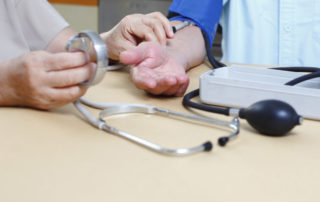Economic, Security, Mobility and Equity
Growing the Numbers of Women in the Trades: Building Equity and Inclusion through Pre-Apprenticeship Programs
Greater access to apprenticeships in the skilled trades can help women achieve economic security and fill predicted skills shortages in construction. The construction trades provide good careers with family sustaining earnings.








